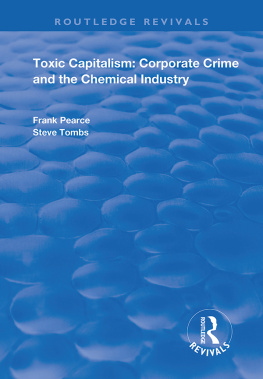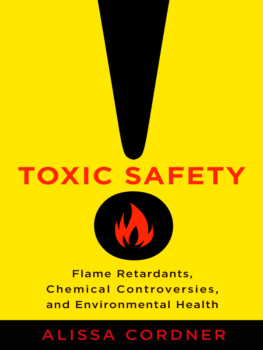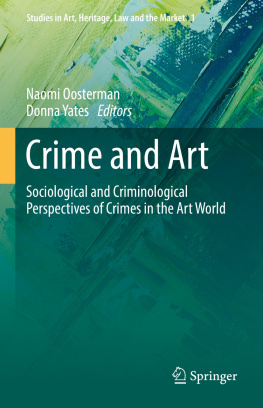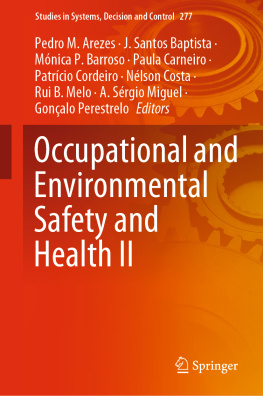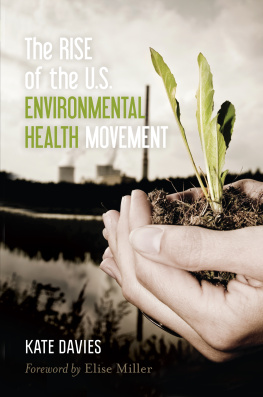First published 1998 by Dartmouth and Ashgate Publishing
Reissued 2018 by Routledge
2 Park Square, Milton Park, Abingdon, Oxon, OX14 4RN
52 Vanderbilt Avenue, New York, NY 10017
Routledge is an imprint of the Taylor & Francis Group, an informa business
Copyright Frank Pearce, Steve Tombs 1998
All rights reserved. No part of this book may be reprinted or reproduced or utilised in any form or by any electronic, mechanical, or other means, now known or hereafter invented, including photocopying and recording, or in any information storage or retrieval system, without permission in writing from the publishers.
Notice:
Product or corporate names may be trademarks or registered trademarks, and are used only for identification and explanation without intent to infringe.
Publishers Note
The publisher has gone to great lengths to ensure the quality of this reprint but points out that some imperfections in the original copies may be apparent.
Disclaimer
The publisher has made every effort to trace copyright holders and welcomes correspondence from those they have been unable to contact.
A Library of Congress record exists under LC control number:
ISBN 13: 978-0-367-13419-8 (hbk)
ISBN 13: 978-0-367-13425-9 (pbk)
ISBN 13: 978-0-429-02641-6 (ebk)
If the chemical industry has provided enormous material benefits, equally the costs have been enormous, even catastrophic. Moreover, both costs and benefits are distributed in an unequal manner. Of particular concern to us in this text is the development of an adequate understanding of how both the positive and negative effects of the industry are produced and also what determines how the benefits and costs are distributed. Currently, the destructive nature of the industry the death, injury, ill-health, and environmental devastation which it causes remains particularly poorly recognised and challenged.
This is a problem of law and order. Yet, today, this problem still continues to be defined largely in terms of the crimes of street offenders; by contrast, corporate abuses of power, the victimisation of employees, local publics and consumers, and the crimes of the powerful more generally, remain relatively free of critical state, public and academic scrutiny. True, in recent years we have witnessed, within and beyond criminology, some increased attention to corporate crimes, but this has tended to focus upon various forms of financial crimes, rather than upon the features of toxic capitalism that are the subject of this text. Moreover, such work has not tended to conceptualise corporate crime in terms of crimes emerging from a particular organisational form, namely, the capitalist corporation. The criminogenic features of toxic capitalism which are no mere side effects form the subject matter of this text.
Perhaps one reason for the relative reluctance of criminologists in particular to enter the spheres of health, safety and environmental crimes is that these cannot be understood within the narrowly defined parameters of criminology itself (as, indeed, Sutherland recognised). Further, as we argue here, any understanding of the nature of these types of corporate crimes, and thus any recognition of the potential for their more effective regulation, requires an analysis that is grounded in political economy. For this reason, we emphasise the need to understand the nature of contemporary and emergent forms of corporate organisation, of their place in contemporary economies, and of the relationships between these forms and state formations.
Thus we begin, in , we examine the nature of corporate crime, and address in particular the emergence of debates regarding white-collar and corporate crime, and the nature and effects of hegemonic definitions of crime.
In , the disaster at Bhopal is interrogated as an instance of a series of actions/inactions on the part of a large, multinational actor in the chemical economy, including the problems that such a disaster poses in terms of assessing liability and criminality. The Bhopal disaster also serves as testimony to the class and social power of the largest multinational actors within the chemicals industry.
In the final three chapters of the text, which comprise . Here, we set out what a more punitive mode of regulatory enforcement might look like, and consider the role that it might play in a reformed model of regulation. We document the crucial role in progress towards such reforms that has been played by, and must continue to be played by, a range of popular pro-regulatory forces engaged in activities of resistance, which take law as one, but not their only focus. We argue for an overall regulatory strategy which is based upon the principles of deterrence and rehabilitation, while developing an understanding of regulation that is both facilitative and positive rather than merely limiting and negative. We note the challenges that the logic of such forms of regulation might pose in terms of the ownership and control of the capitalist corporation: we are committed to a socialist transformation, not merely the reform and humanisation of capitalism.
This text is the result of more than ten years of academic activity. In many respects, what follows was prompted by outrage over the all too avoidable carnage at Bhopal. Thus the book is explicitly located within a class politics, a politics often focused upon issues of safety, health and environmental degradation, a politics with which we have both engaged, but to which many men and women have given far more of themselves; many have given their lives. In terms of the substance of the text, much is based upon more or less readily available empirical material. We also draw upon empirical material which we have each generated. Our focus here is primarily upon North American and British capitalism. The text is also very clearly defined by particular readings of the theoretical. In the latter context, it clearly owes a greater debt to our training as social theorists than to our involvement in the area of criminology.
One final contextual note. In writing this book, we have generally resisted the temptation to engage directly with, or to locate this work within much of the burgeoning literature on risk work which emanates from both social theory and criminology. This was a conscious decision. There is no doubt that some of the concerns of this text are similar to the concerns of many of those working within these areas, so that there is a tendency to wish to speak directly to their work, within its own language, concepts, arguments, problematics. Nevertheless, for us there is a sense in which the term risk has been appropriated, postmodemised and stripped of reference to class, exploitation and the corporate form. An awareness of the corporate production of risk often in a criminal fashion pervades this text, so that risk is understood concretely, in relation to corporate capitalism, rather than in relation to any abstract risk society.

